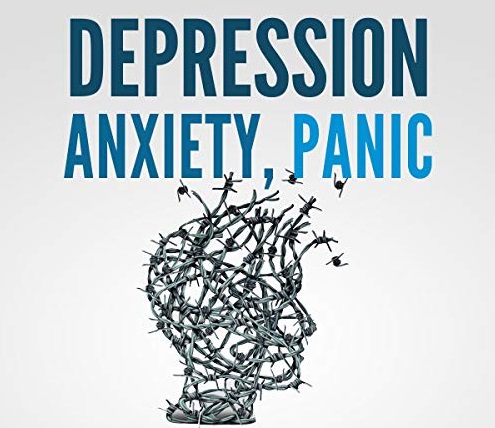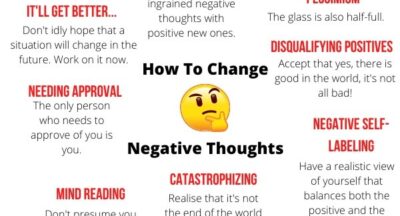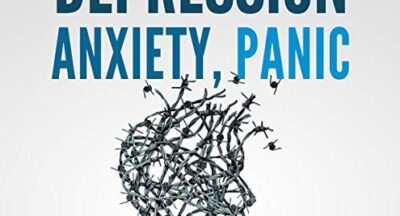
Key strategies to maintaining proper mental health when being a caregiver: Anxiety can hit you at anytime, anywhere and frequently!

Adult caregivers exemplify remarkable selflessness in their commitment to loved ones, expressing unwavering dedication through sacrifice. They prioritize their loved ones’ needs above their own, demonstrating boundless compassion and empathy. Driven by a deep sense of responsibility and love, caregivers navigate challenges with grace, willingly setting aside personal desires for the well-being, safety, and happiness of their loved ones. Despite facing physical and emotional exhaustion, they give generously to enhance the quality of life, extending their selflessness beyond routine caregiving tasks. This profound expression of love showcases the depth of their compassion and the extraordinary lengths they go for their loved ones’ comfort and happiness.

Caregiving, while a noble and fulfilling role, can also come at a price, particularly in terms of anxiety. The responsibilities and challenges associated with caregiving can contribute to heightened anxiety levels for caregivers. Caregiving demands significant emotional, physical, and sometimes financial investments. The constant worry about the well-being of a loved one, coupled with the challenges of providing care, can lead to chronic stress and anxiety. Caregivers often face complex medical or emotional situations, difficult decisions, and the ongoing pressure to meet the needs of their loved ones. Moreover, caregivers may feel isolated or unsupported, lacking a robust network to share their experiences or seek assistance. The emotional toll of witnessing the suffering or decline of a loved one can be overwhelming, contributing to a sense of helplessness and anxiety. Below are some strategies that can help adult caregivers cope with anxiety and still keep their sanity:
- Self-Care Routine:
• Establish a consistent self-care routine that includes activities you enjoy, such as exercise, reading, or taking a leisurely walk.
• Prioritize sufficient sleep to ensure you are well-rested and better equipped to handle stress. - Healthy Lifestyle Choices:
• Maintain a balanced diet with nutritious food to support physical and mental well-being.
• Limit caffeine and sugar intake, as they can contribute to increased anxiety. - Mindfulness and Relaxation Techniques:
• Practice mindfulness meditation or deep-breathing exercises to stay present and calm the mind.
• Consider activities like yoga or tai chi that promote relaxation and stress reduction. - Set Realistic Expectations:
• Establish achievable goals and be realistic about what you can accomplish.
• Break larger tasks into smaller, more manageable steps to reduce feelings of overwhelm. - Effective Time Management:
• Prioritize tasks and organize your schedule to avoid unnecessary stress.
• Delegate responsibilities when possible, recognizing that you don’t have to do everything on your own. - Seek Support:
• Connect with friends, family, or support groups to share your feelings and experiences.
• Consider professional counseling or therapy to have a safe space to discuss and manage anxiety. - Boundaries:
• Set clear boundaries between work and personal life to prevent burnout.
• Learn to say no when necessary and communicate your limits to others. - Positive Affirmations:
• Replace negative thoughts with positive affirmations to cultivate a more optimistic mindset.
• Focus on your strengths and acknowledge your accomplishments, no matter how small. - Stay Informed:
• Educate yourself about anxiety, its triggers, and coping mechanisms to better understand and manage your own feelings.
• Attend workshops or seek resources on stress management techniques. - Professional Help:
• If anxiety becomes overwhelming, consider seeking help from a mental health professional.
• Therapy or counseling can provide valuable tools and strategies to navigate and overcome anxiety.
Remember, everyone’s experience with anxiety is unique, and finding what works best for you may involve a combination of these strategies. It’s essential to prioritize your mental health and well-being as a caregiver. While caregiving is a deeply rewarding experience, the associated challenges, demands, and emotional strain can take a toll on caregivers, potentially leading to anxiety. It is essential for caregivers to recognize the importance of self-care, seek support, and prioritize their own mental health to effectively navigate the challenges that come with caregiving.
dr.dan
Related Posts
Taking self-criticism to the extreme: Strategies on how to exit this loop of negative self-thinking
Most psychologists would agree with this statement: “We are our own worst...
The Unseen Struggles of Anxiety: Understanding Intrusive Thoughts and How to Overcome Them
Anxiety is a common mental health condition that affects millions of people...
Powerful effects of journaling: How can it help you in your journey of healing, despite dealing with severe anxiety! Probable answers to challenging mental health condition!
Journaling has long been recognized as a therapeutic tool for managing...
Key strategies to maintaining proper mental health when being a caregiver: Anxiety can hit you at anytime, anywhere and frequently!
Adult caregivers exemplify remarkable selflessness in their commitment to...




